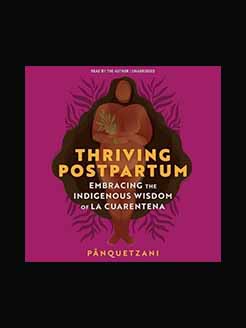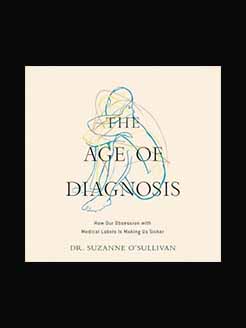Published in 2023
13 hours and 3 minutes
Arline T. Geronimus is a Professor in the School of Public Health and Research Professor in the Institute for Social Research at the University of Michigan, where she also is affiliated with the Center for Research on Ethnicity, Culture, and Health. She is an elected member of the Institute of Medicine of the National Academies of Science.
What is this book about?
Fusing science and social justice, renowned public health researcher Dr. Arline T. Geronimus offers an urgent and necessary book exploring the ways in which systemic injustice erodes the health of marginalized people.
America has woken up to what many of its citizens have known for centuries and to what public health statistics have evidenced for decades: systemic injustice takes a physical, too often deadly, toll on Black, brown, working class and poor communities, and any group who experiences systemic cultural oppression or economic exploitation. Marginalized Americans are disproportionately more likely to suffer from chronic diseases and to die at much younger ages than their middle- and upper-class white counterparts. Black mothers die during childbirth at a rate three times higher than white mothers. White kids in high-poverty Appalachian regions have a healthy life expectancy of 50 years old, while the vast majority of US youth can expect to both survive and be able-bodied at 50, with decades of healthy life expectancy ahead of them. In the face of such clear inequity, we must ask ourselves why this is, and what we can we do.
Dr. Arline T. Geronimus coined the term “weathering” to describe the effects of systemic oppression—including racism and classism—on the body. In Weathering, based on more than 30 years of research, she argues that health and aging have more to do with how society treats us than how well we take care of ourselves. She explains what happens to human bodies as they attempt to withstand and overcome the challenges and insults that society leverages at them, and details how this process ravages their health. And she proposes solutions.
Until now, there has been little discussion about the insidious effects of social injustice on the body. Weathering shifts the paradigm, shining a light on the topic and offering a roadmap for hope.







